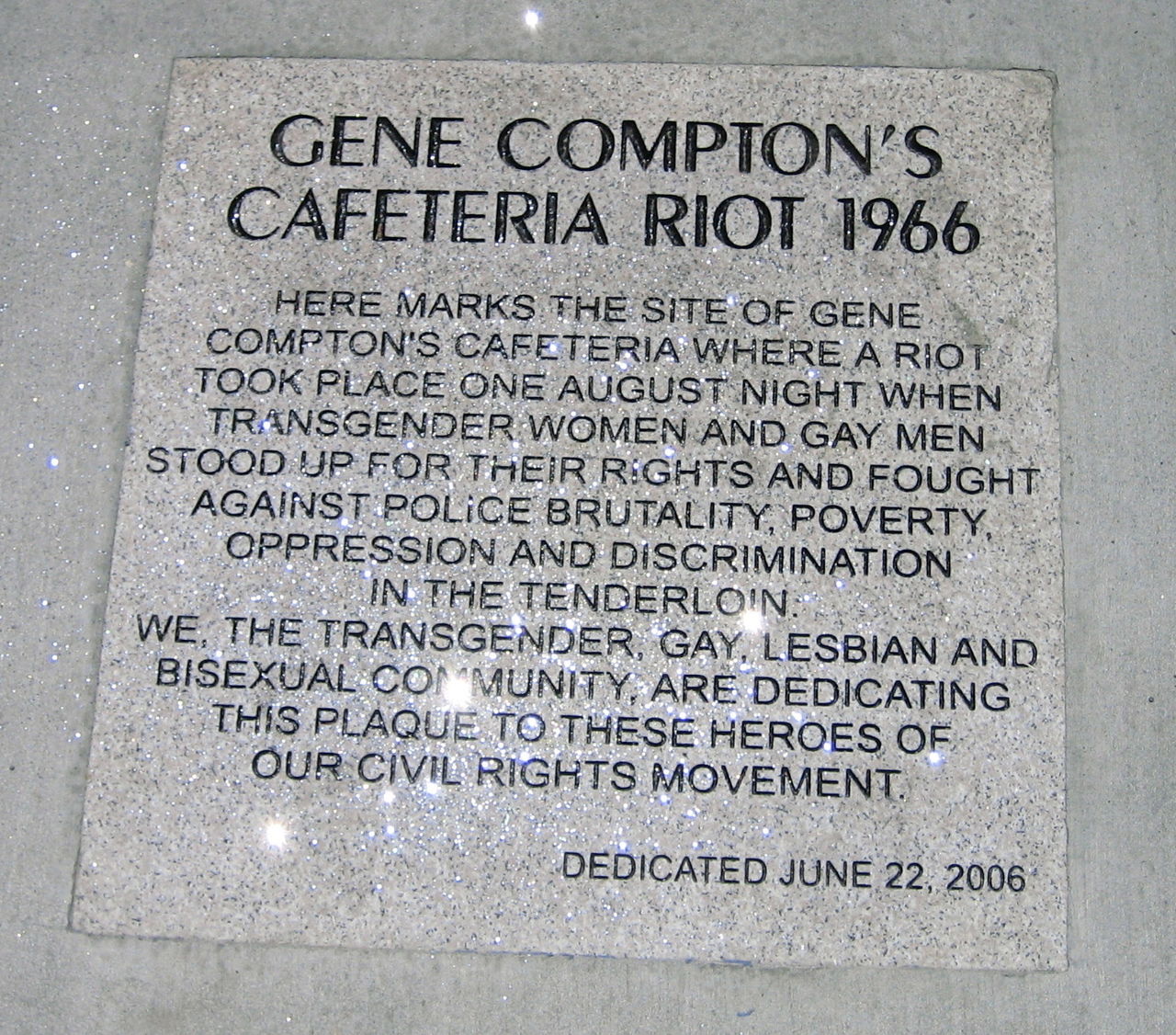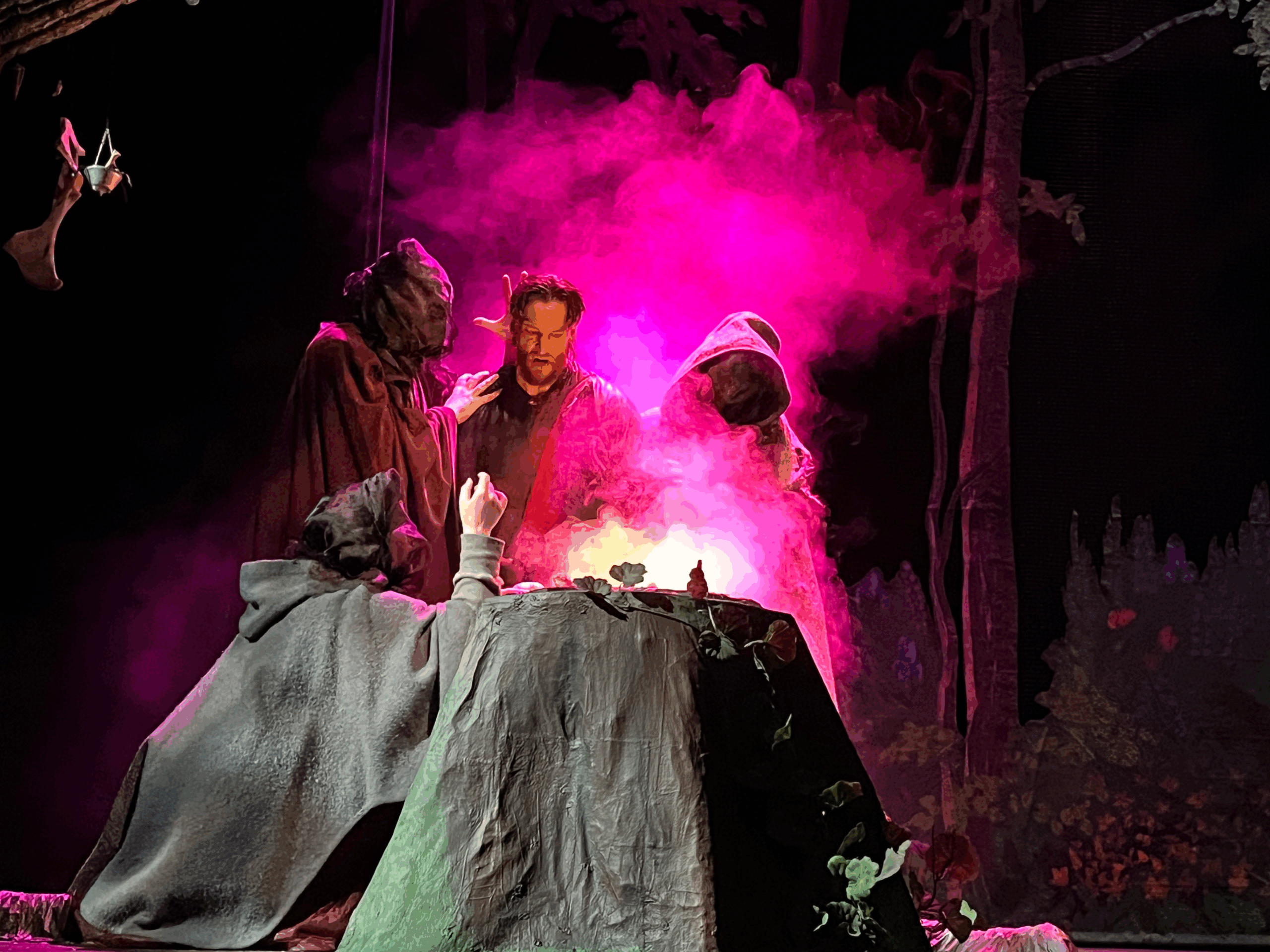In the modern collegiate era, the looming specter of cancel culture and safe spaces abounds. Nestled on the second floor of Building One at Lane Community College there is what Teressa Morris describes as a “brave space” to deflect contentiousness while promoting awareness and inclusivity to all within and without of the LGBTQ+ community. It is a place to learn, listen, and live without fear of persecution.

Morris is an ambassador for the Gender Equity Center, and her warm and welcoming demeanor affirmed her title. The peaceful energy of the GEC, a humble and softly lit common space with several adjoining faculty offices where students lounged on couches and enjoying tea, coffee, and snacks, belied the description of the event that would be taking place only moments later.
The GEC was to screen the 2005 documentary Screaming Queens: The Riot at Compton’s Cafeteria, directed by trans-gender filmmaker and historian Susan Stryker. The film depicts a snapshot of one of the grittiest times and places of the civil rights movement in the 1960s for the LGBTQ+: San Francisco’s Tenderloin District.
More than a dozen chairs and two couches had been set up to accommodate a larger audience, though only four of those seats had been filled at the beginning of the film. “We [the GEC] advertised in the Lane Weekly and the campus calendar, put up posters and posted to the digital signboards,” Morris explained about the challenges of advertising. There was no monetary incentive; the event was free and screening it was about community and educating students about the civil rights issues surrounding trans people.
“The name of the movie is controversial, so hopefully that will help fill the seats.” When asked why screen this particular film, Morris explained that the “Riot at Compton’s Cafeteria in San Francisco is an important part of trans history,” and she believed that “this story needs to be told because the history of transgender people in the United States is not a story most of us know.” Morris described the screening not as an event, but as an experience and opportunity to empathize with a culture that most are unfamiliar with.
The film follows a group of trans-women in San Francisco’s Tenderloin district during the mid-1960s who had been ostracized from their own homes and society. Many of them living on the streets or in squalid conditions, these women sought refuge from turning tricks and the constant threat of violence from johns and dirty cops under the neon auspice of Compton’s Cafeteria when the rest of the world seemed to have abandoned them. Eventually, even the safe-haven that was Compton’s aligned itself with crooked street politics. The “screaming queens”, as they were dubbed, ultimately fought back and ushered in the first wave of violent resistance to the oppression of trans people.
“My hope for screening this film,” Morris said, “is to open a dialogue that will help us see how we can bridge the gap between the LGBTQ+ community and the cis, straight community going forward.” At the end of the film, Morris thanked the small yet attentive audience, and everyone quietly dissembled from their fold-out chairs and back to their scheduled routines.

The GEC and the work being done there means a lot to Morris who, along with being the group’s ambassador, is a student at LCC as well as the mother of a transgender daughter. “My hope for the GEC,” Morris said. “is that people will see we are a comfortable, welcoming place where you can hang out, get your questions answered, chat with friends, have a deep conversation, or let your hair down and be silly.”
The Gender Equity Center is located on the Lane Community College Main Campus, Building 1, Room #202. More information about the group can be found at lanecc.edu/gec.



